Hi there, pet lovers! 🐍
For reptile enthusiasts, few creatures command as much awe—and caution—as the Black Mamba (Dendroaspis polylepis). Known for its lightning speed, potent venom, and formidable reputation, this snake is not for the faint of heart. While some experienced keepers may be drawn to its mystique, the Black Mamba is far from a typical pet and comes with life-threatening risks.
In this detailed review, we’ll explore every aspect of the Black Mamba—from its temperament and care requirements to the legal and ethical considerations of keeping one. Whether you’re a seasoned venomous keeper or simply fascinated by these apex predators, this guide will provide the critical information needed to understand why this snake is best left to professionals.
Overview
The Black Mamba is one of the most venomous, fast, and aggressive snakes in the world. Native to sub-Saharan Africa, it is both feared and respected for its lethal bite and intimidating behavior. Here’s a quick summary of what makes this snake so unique—and dangerous:
- Handling and Temperament: Highly defensive, extremely fast, and prone to striking repeatedly.
- Care and Maintenance: Requires a large, secure enclosure with strict temperature and humidity control.
- Health and Durability: Hardy if kept correctly, but any mistake can be fatal.
- Availability: Rare in captivity, often requiring special permits.
- Cost: Expensive to acquire and maintain, with hidden risks (medical, legal, and ethical).
Overall: The Black Mamba is not a pet—it is a high-risk, high-stakes animal that should only be kept by licensed professionals in controlled environments.
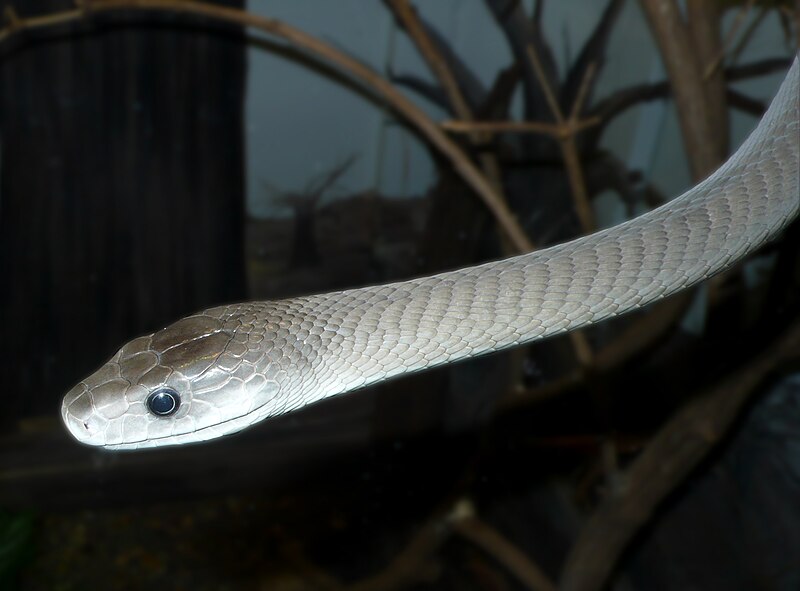
Why Choose a Black Mamba?
For the vast majority of people, the answer is simple: you shouldn’t. Unlike docile reptiles such as crested geckos or ball pythons, the Black Mamba is an apex predator with no tolerance for human interaction.
However, for zoos, research facilities, and highly experienced venomous keepers, the Black Mamba represents one of the most challenging and rewarding species to work with. Its intelligence, speed, and striking beauty make it a subject of fascination—but never a casual pet.
Handling and Temperament
A Snake That Demands Respect
The Black Mamba is not a hands-on animal. Unlike many reptiles that tolerate or even enjoy handling, this species is highly defensive, agile, and unpredictable.
- Extreme Speed: Capable of 10+ mph (16 km/h), making it the fastest snake in the world.
- Aggressive Defense: Unlike cobras that may bluff, a threatened mamba will strike repeatedly.
- No Warning Signs: While some snakes rattle or hood up, mambas often attack without hesitation.
Bite Risks and Venom Potency
A Black Mamba’s venom is neurotoxic, meaning it shuts down the nervous system, leading to:
- Paralysis (starting with eyelids, then speech, then breathing).
- Severe pain, vomiting, and respiratory failure.
- Death within hours if untreated.
Anti-venom is a must, but even with treatment, survival is not guaranteed.
Care and Maintenance
Enclosure Setup
- Size: At least 8x4x4 ft for an adult (they need space to move).
- Security: Double-locked, escape-proof enclosures are non-negotiable.
- Climbing & Hiding: Being semi-arboreal, they need branches and hiding spots.
Temperature & Humidity
- Daytime: 80-85°F (27-29°C) with a basking spot of 90°F (32°C).
- Nighttime: Can drop to 75°F (24°C).
- Humidity: 50-60%, with occasional misting.
Feeding
- Diet: Primarily rodents (frozen/thawed recommended).
- Frequency: Adults eat every 7-10 days.
Warning: Feeding must be done with extreme caution—never hand-feed.
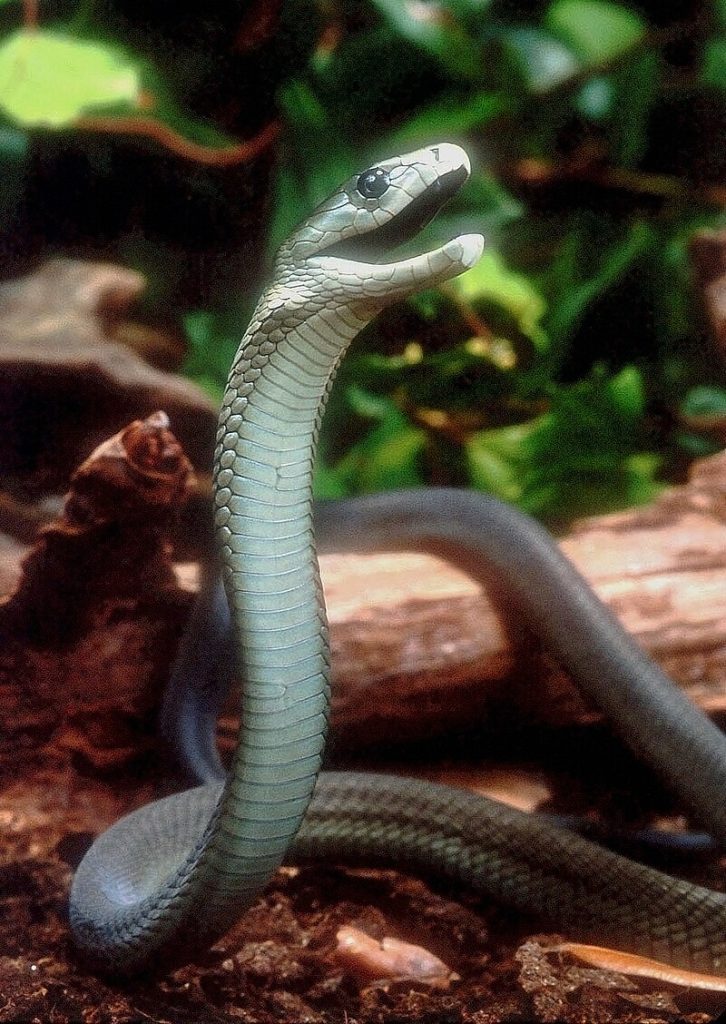
Health and Durability
Common Health Issues
- Stress-induced aggression (due to improper housing).
- Respiratory infections (if humidity/temperature is off).
- Parasites (common in wild-caught specimens).
Preventative Care
- Quarantine new snakes to prevent disease spread.
- Regular vet checks (if you can find a vet willing to treat one).
Availability and Cost
Where to Buy?
- Specialized breeders (rare).
- Wild-caught imports (not recommended due to stress and parasites).
Upfront Costs
- Snake: $1,000–$5,000+ (depending on lineage).
- Enclosure: $1,000+ (custom-built, escape-proof).
- Permits/Legal Fees: Varies by location (many places ban them entirely).
Pros and Cons
Pros
✅ Fascinating behavior and intelligence.
✅ One of the most impressive snakes to observe.
✅ Thrives in captivity if given proper care.
Cons
❌ Extremely dangerous—bites can be fatal.
❌ Illegal in many areas without permits.
❌ Not suitable for beginners or even most experts.
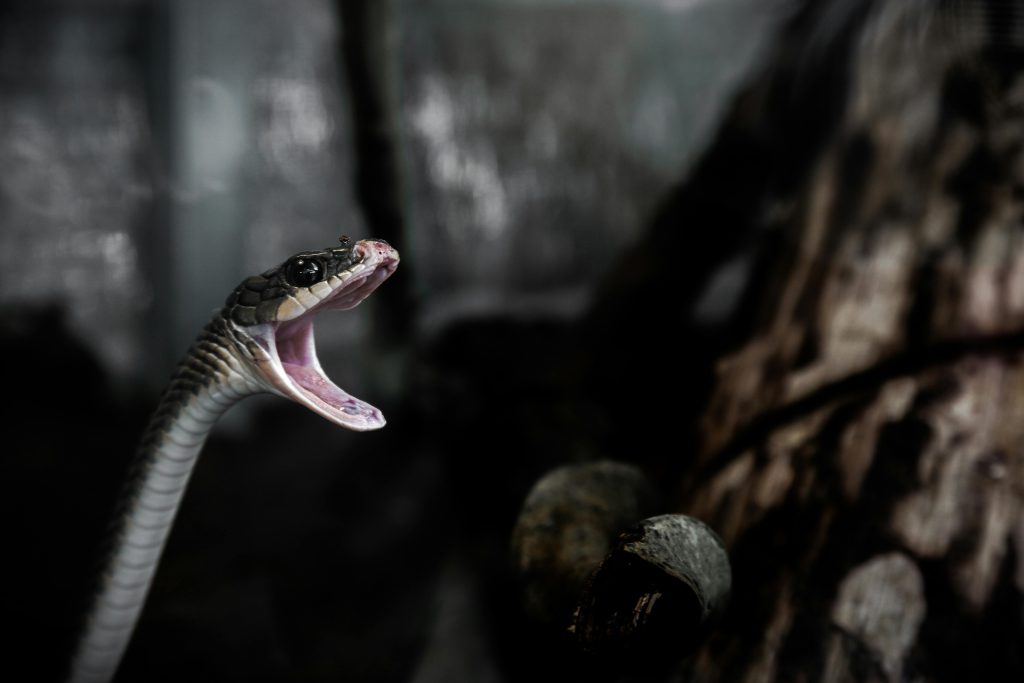
Final Thoughts
The Black Mamba is not a pet—it is a wild animal that demands respect, expertise, and extreme caution. While its speed, intelligence, and striking appearance make it a subject of fascination, the risks far outweigh any rewards for private keepers.
For those truly passionate about venomous snakes, alternative species (like non-venomous colubrids or rear-fanged snakes) offer a much safer way to appreciate serpentine beauty.
Would you ever consider keeping a Black Mamba? Let us know in the comments—and remember, safety always comes first!
For more reptile guides, subscribe and stay tuned for our next deep dive into the world of exotic pets. 🐍

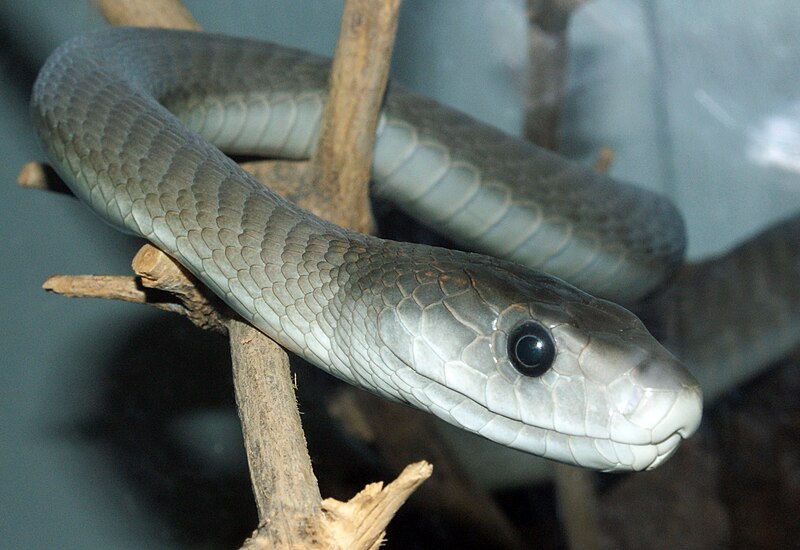

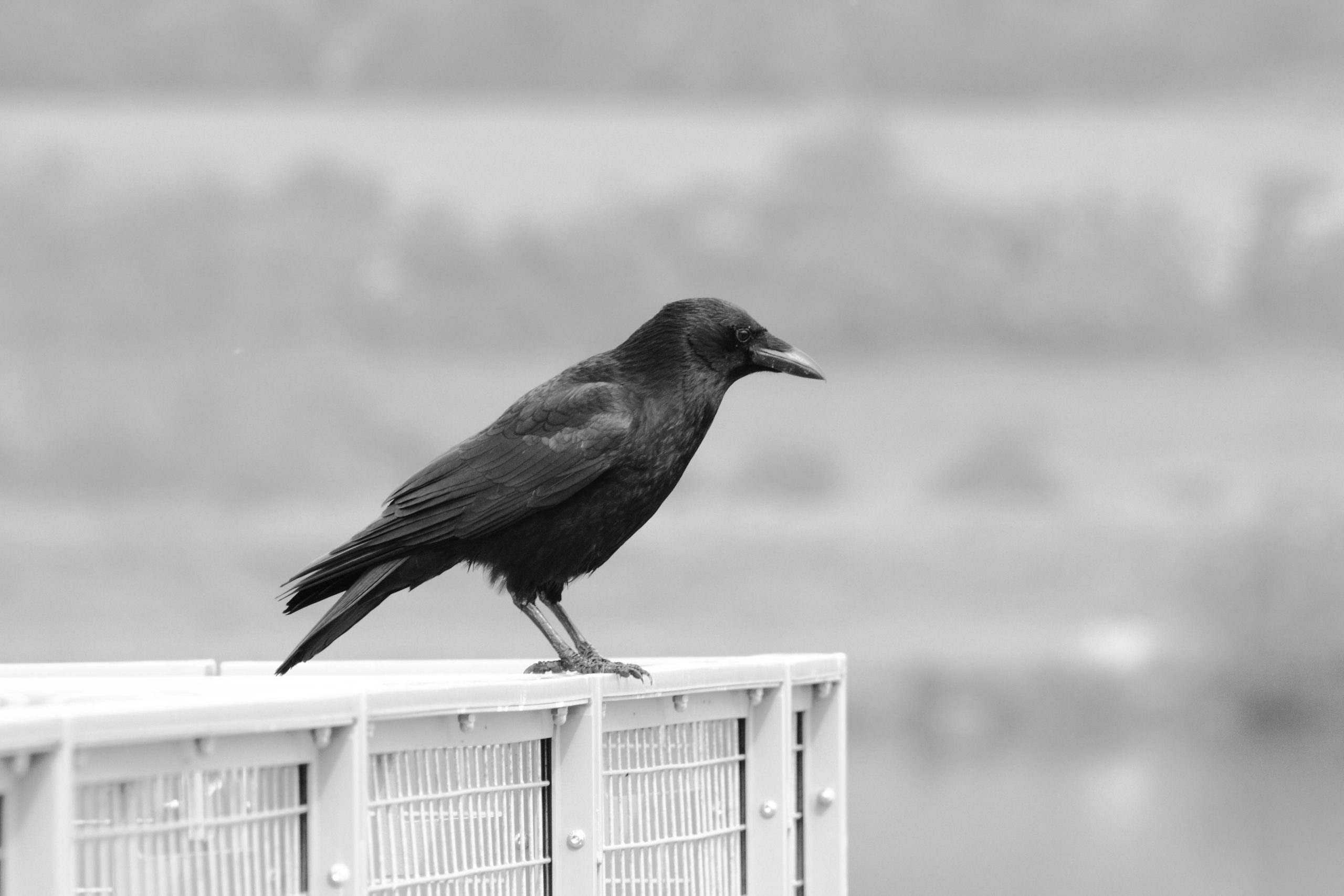
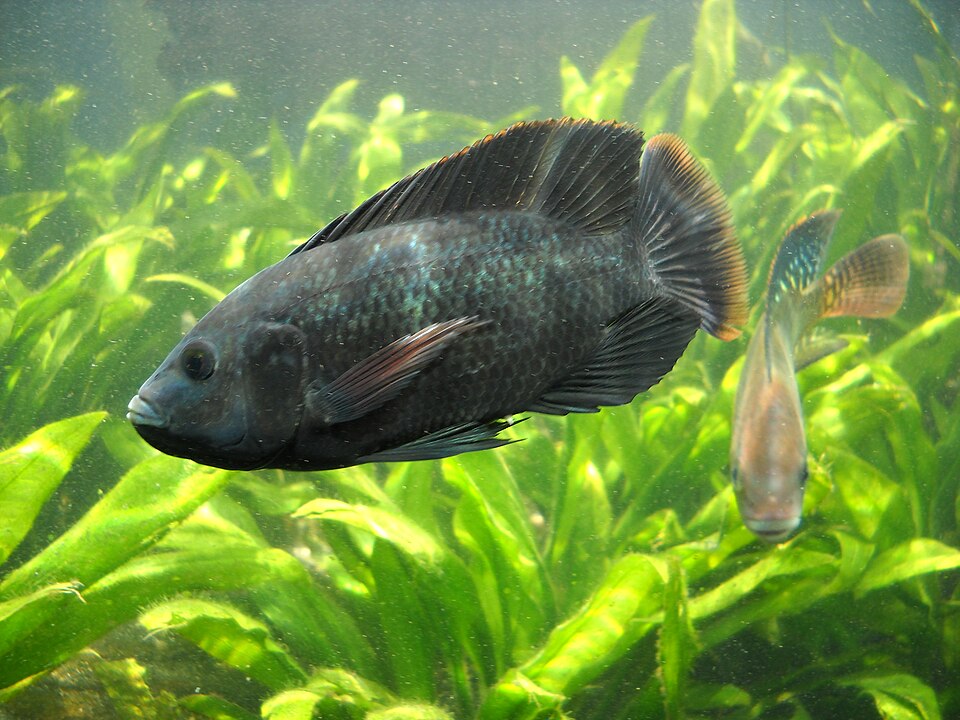
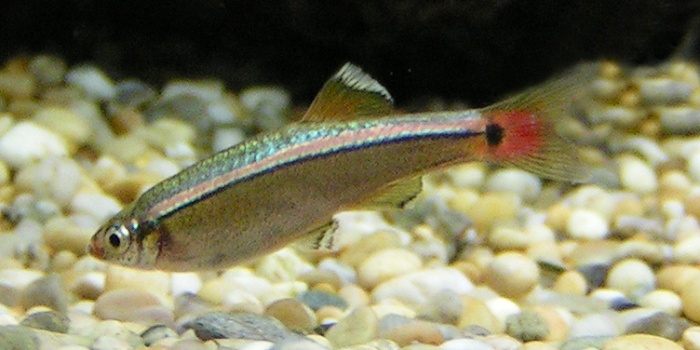
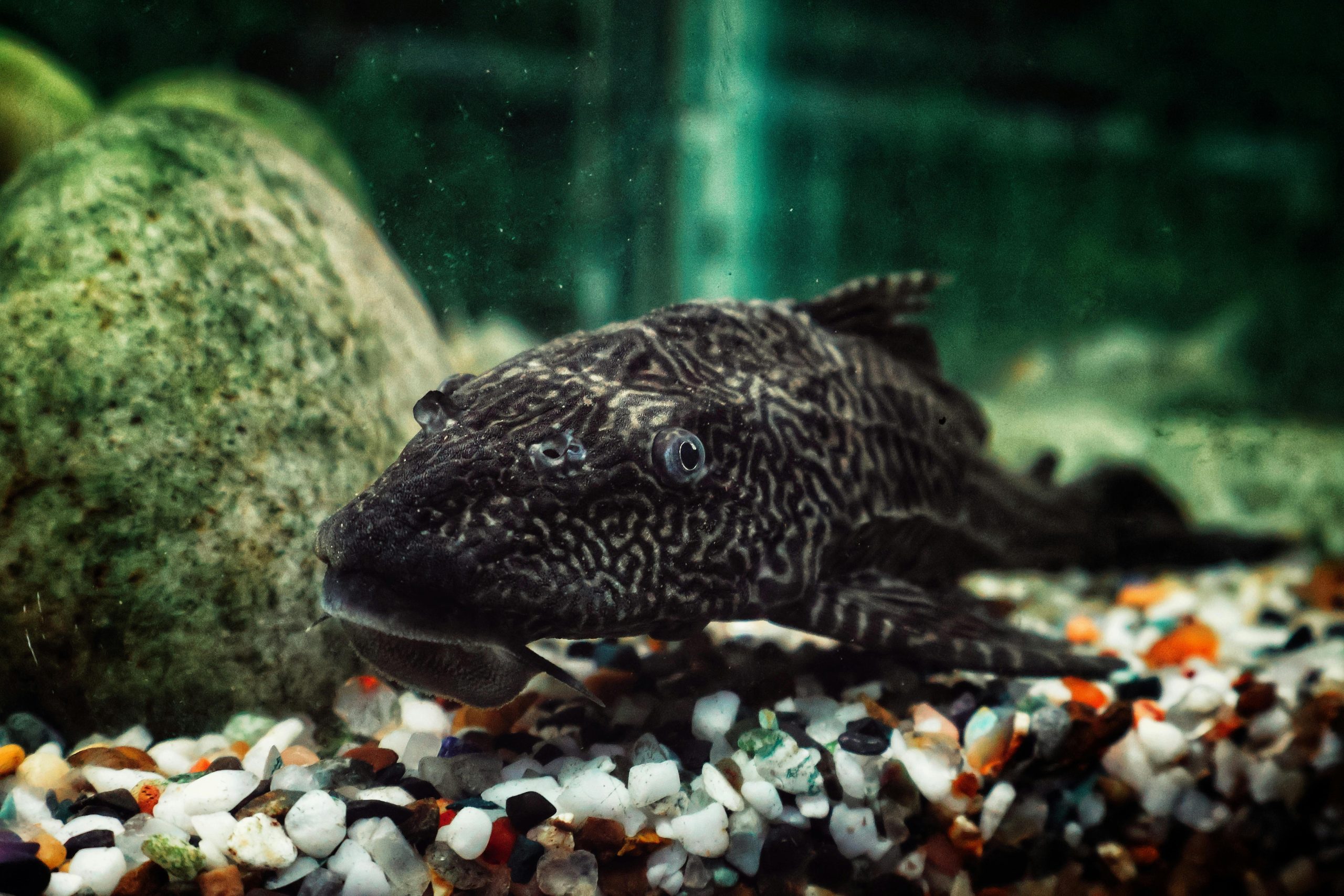
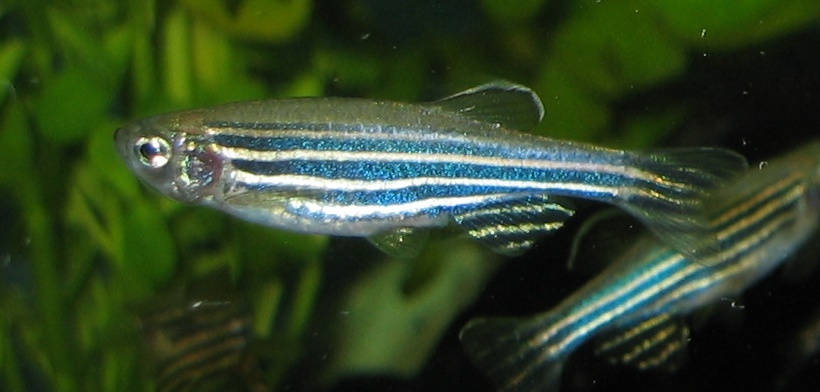
Leave a Reply